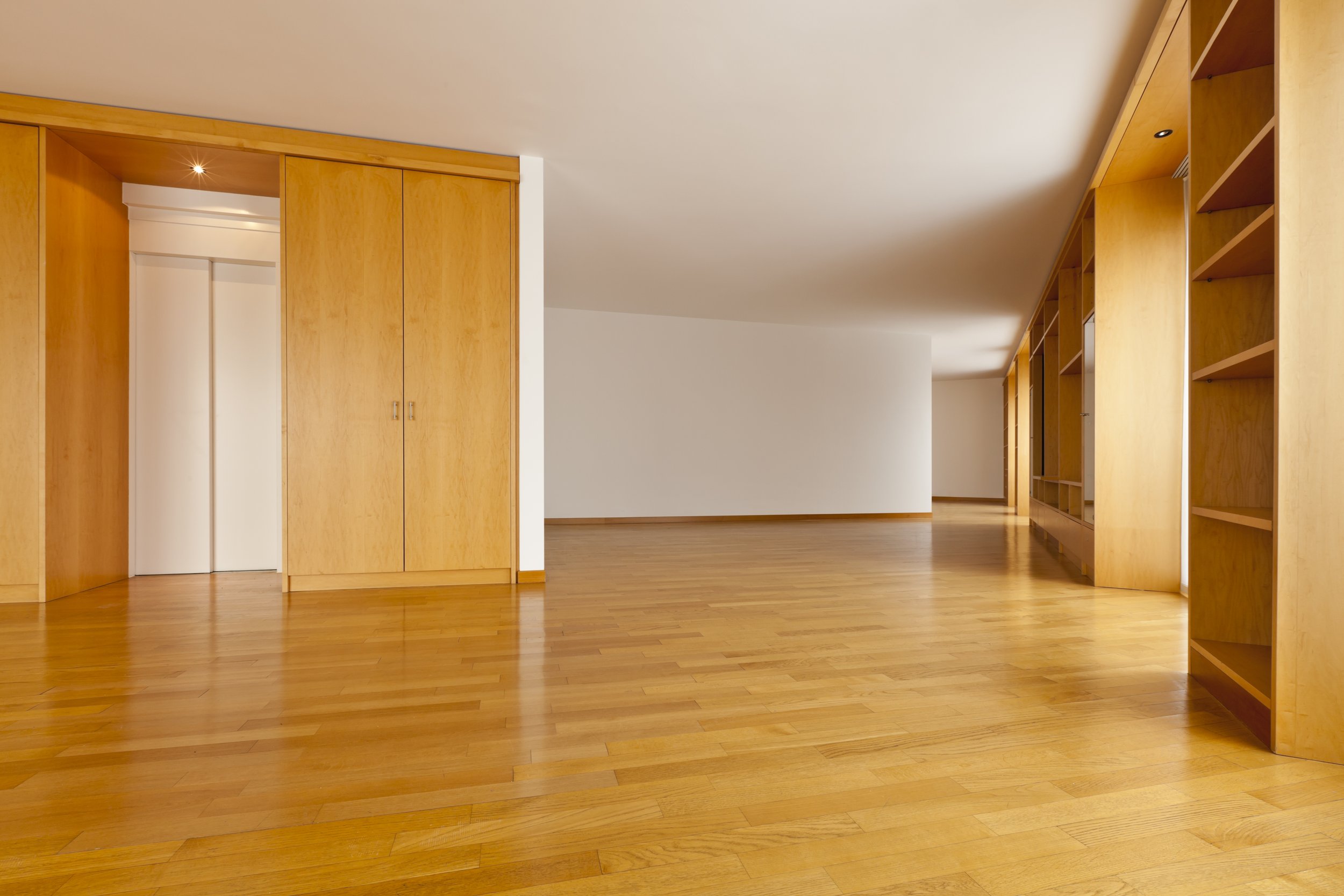What is vacant possession and does it affect me?
What is vacant possession?
Vacant possession essentially means the property is empty on the day of completion. This means that the sellers or any tenants have left, and all possessions removed except those agreed with the buyer.
In England and Wales, a property can be purchased with or without vacant possession. Without vacant possession usually means that the purchase or sale of the property includes tenants remaining. A tenancy agreement will need to be included in the contract, to advise on who the tenants are and their terms of tenancy.
Selling or buying with tenants
When buying or selling a property which will include tenants, the seller must provide all relevant details in the contract. The buyer can also enquire over any details they need regarding the tenants and their agreement.
You can speak to your conveyancer for more details on buying with tenants in place, however, speaking to a Landlord and Tenant Specialist would be beneficial.
It is always best to make decisions once you are fully informed on all terms and implications of a situation.
Selling with vacant possession
On selling a property as vacant possession, you and your tenants can remain in the property up until the day of completion.
Once contracts have been exchanged, the seller is under contractual obligation to leave the property and ensure tenants have vacated. The specified and agreed time is usually 2pm.
It is the responsibility of the seller to ensure the following measures are undertaken:
Removing all belongings from the property, except items agreed with the buyer. Any items or rubbish not removed before completion can lead to breaching contract terms and could result in a claim against you.
Ensuring that the property is vacant on completion. Relying on tenants to be out on time gives little control over when a property may be vacated and risks breaching of contract and delays in completion.
It would be highly recommended to make sure plans are already in place for tenants to have vacated before exchange of contracts. The loss of rental income would be much lower than a breach of contract costs and a delay in completion.
Buying with vacant possession
Buying from a seller that still lives in the property, may not enable a vacant possession before completion. Some purchases are dependent on a sale, so a chain is involved.
Before completion, contracts are initially exchanged and a gap of up to two weeks will begin. The seller will usually still be living in the property during this time but will be obligated to leave by the time of the completion of the sale. Even if you don't intend to live in the property yourself, it is advised to visit the property to ensure it is indeed vacant.
When buying a property with a tenant living there, it carries a risk that the occupier may refuse to leave the premises. You can speak to your conveyancer regarding this matter, before contracts are exchanged.
It might be worth getting plans put in place before exchange, to ensure that the property is vacant.
If this is not possible, a clause can be added to the contract to allow a property inspection on the day of completion, to establish the property is indeed vacant.


